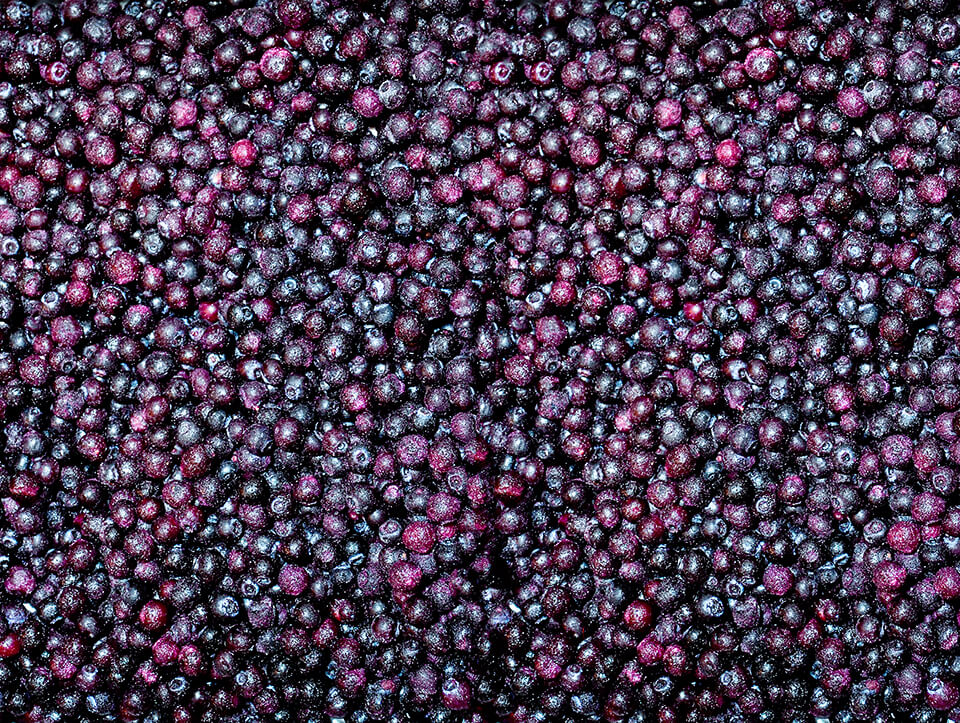When Frozen Beats Fresh in Nutrition
It’s a nutrition question that’s plagued healthy eaters since the first frozen fruits and vegetables were marketed in 1930: are frozen foods as nutritious as their fresh counterparts? While I certainly won’t deny that fresh foods can be nutritious, I’m also not a blind believer of the “fresh is best” mantra that some would have us believe. A recently published study in the Journal of Food Composition and Analysis adds to the growing body of research focused on analyzing and comparing the nutrient content of fresh vs. frozen produce.

University of Georgia researchers compared the nutrient content of eight fruits and vegetables that were stored in 3 specific ways: frozen, fresh, and “fresh-stored.” What’s “fresh-stored”? It describes the way that typical consumers handle fresh produce once they get it home. Most folks keep fresh produce in the refrigerator for 5 days before getting around to eating it—according to data from the Food Marketing Institute, and the researchers considered this to be an important comparison for the study in order to make it more relatable to real-world eating behavior. Vitamin C, beta-carotene and total folate concentrations were examined over a span of two years in six different time frames in order to take into account any seasonal variations.
What were the results? The researchers found that for the majority of the comparisons there were no significant differences between the nutrient values of fresh, frozen or “fresh-stored.” Where there were significant differences, it was generally found that the five days of refrigerated storage (for “fresh-stored” produce) had a negative association with nutrient concentration. And, more often than not, the frozen vegetables and fruits had significantly higher nutrient contents than their “fresh-stored” counterparts.
As far as blueberries go, the data revealed that frozen blueberries had significantly greater levels than that of the fresh-stored blueberries (the content of fresh blueberries was in-between). There were no significant differences in vitamin C between the fresh, frozen and “fresh-stored” samples, while beta-carotene was significantly lower in the frozen berries (the same was found with the frozen strawberries—maybe it’s something to do with berry fruits in general?). Finally, the folate content of the frozen blueberries was significantly greater than that of the fresh-stored blueberries (the content of fresh blueberries was in-between). The researchers specifically gave frozen blueberries the win, concluding: “As with other produce types assessed, the results suggest a possible nutrient advantage for frozen when considering the losses of nutrients during refrigerated storage.”

This latest study should give consumers of frozen produce some confidence that in most cases, the nutrient content of frozen produce is as good as, if not better than, fresh produce—especially if that fresh produce has been sitting at the store a while, and then hanging out in the crisper drawer of your refrigerator for days before you eat it.
Extended storage and the dehydration that accompanies it is never a good thing for fresh produce. If the fruits and veggies at your market are looking limp and sad, there’s a good chance that their nutrient content has been compromised. You won’t be doing yourself or your family any nutrition favors by purchasing aging “fresh” produce. At those times, choosing frozen over fresh just makes good sense.


